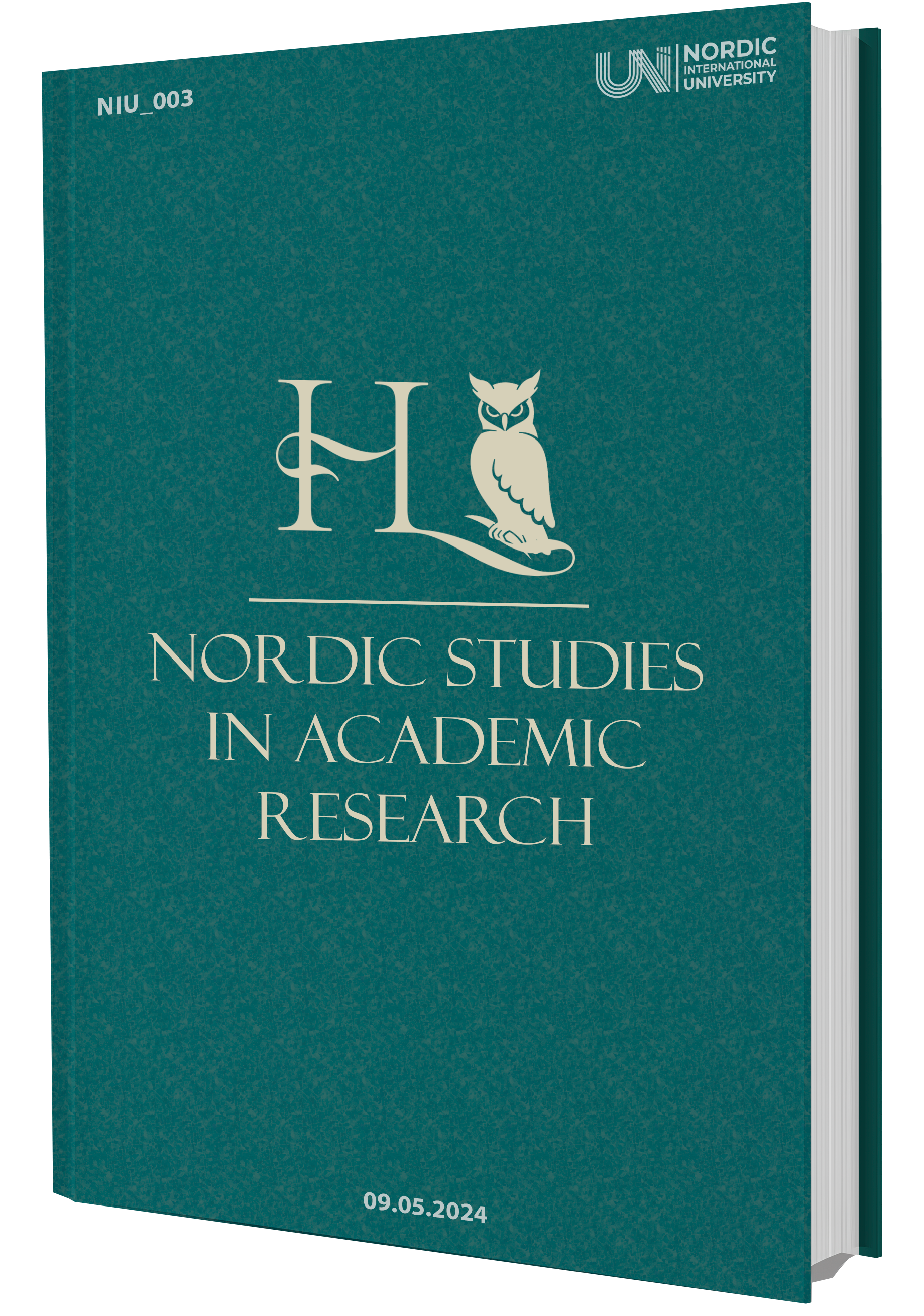TOURISM POLICY AND ECONOMY OF DEVELOPED COUNTRIES. IN THE CASE OF INTERNATIONAL ORGANIZATIONS
Keywords:
International organizations, economic growth, tourism policy, economic policy, foreign investment, education systemAbstract
This research explores the intricate relationship between tourism policy and the economy of developed countries, emphasizing the role of international organizations in shaping these policies. As global travel continues to expand, the economic implications of tourism have become increasingly significant for developed nations. This study examines how international organizations such as the World Tourism Organization (UNWTO), the Organisation for Economic Co-operation and Development (OECD), and various regional bodies influence tourism strategies through guidelines, funding, and collaborative initiatives.
The paper begins by analyzing the economic contributions of tourism to GDP, employment, and foreign exchange earnings in developed countries. It highlights case studies from nations like France, Germany, and Japan to illustrate successful tourism policies that align with sustainable development goals. Furthermore, it investigates how international organizations facilitate knowledge sharing and best practices among member states, fostering a more cohesive approach to tourism management.
Additionally, this research addresses challenges faced by developed countries in maintaining competitive tourism sectors amid global crises such as pandemics and climate change. The role of international organizations in providing support during these crises is critically assessed. By synthesizing data from various sources, this study aims to provide a comprehensive understanding of how effective tourism policies can enhance economic resilience while promoting cultural exchange and environmental sustainability.
Ultimately, this research underscores the importance of collaboration between national governments and international organizations in crafting robust tourism policies that not only stimulate economic growth but also ensure long-term sustainability in an ever-evolving global landscape.
References
Habibjonov, U. (2024). “Bir makon-bir yo ‘l” istiqbol dasturining butunjahon savdo va iqtisodiy o ‘sishga ta’siri. Nordic_Press, 3(0003).
Khabibjonov, U., & Sakibayeva, T. (2024). THE STRUCTURE OF PIRLS INTERNATIONAL ASSESSMENT SYSTEM. THE ROLE IN THE COUNTRY’S ECONOMY AND EDUCATION SYSTEM. Science and innovation, 3(B7), 55-59.
Habibjonov, U. (2024). INDICATORS OF RATIONAL USE OF AGRICULTURAL RESOURCES OF UZBEKISTAN DURING THE COVID-19 PANDEMIC. Nordic_Press, 3(0003).
Habibjonov, U. (2024). WAYS TO IMPROVE THE EFFICIENCY OF FOREIGN INVESTMENTS. Nordic_Press, 3(0003).
Habibjonov, U. (2024). Mehmonxona xo’jaligida narx siyosati. Nordic_Press, 3(0003).
Khabibjonov, U., & Ismoilov, I. (2024). GENERAL STRUCTURE AND DEVELOPMENT OF CHINA’S “ONE BELT, ONE ROAD” PROGRAM. Science and innovation, 3(A7), 29-34.
Published
Issue
Section
Categories
License
Copyright (c) 2024 Umidaxon Ubaydulloyeva

This work is licensed under a Creative Commons Attribution-NonCommercial 4.0 International License.
Litsenziya shartlari
Bu ish Creative Commons Attribution-NoCommercial 4.0 xalqaro litsenziyasi ostida litsenziyalangan. Ushbu litsenziya nusxasini koʻrish uchun http://creativecommons.org/licenses/by-nc/4.0/ saytiga tashrif buyuring yoki Creative Commons, PO Box 1866, Mountain View, CA 94042, AQShga xat yuboring.
Ushbu litsenziyaga muvofiq, siz:
Ulashish — materialni istalgan vosita yoki formatda nusxalash va qayta tarqatish
Moslashtiring - remiks qiling, o'zgartiring va materialga asoslang
Litsenziya shartlariga rioya qilgan holda litsenziar ushbu erkinliklarni bekor qila olmaydi. Quyidagi shartlar asosida:
Atribut - Siz tegishli kredit berishingiz, litsenziyaga havolani taqdim etishingiz va o'zgartirishlar kiritilganligini ko'rsatishingiz kerak. Siz buni har qanday oqilona yo'l bilan qilishingiz mumkin, lekin litsenziar sizni yoki sizning foydalanishingizni ma'qullashini taklif qiladigan tarzda emas.
Notijorat - Siz materialdan tijorat maqsadlarida foydalana olmaysiz.
Hech qanday qo'shimcha cheklovlar yo'q - Siz boshqalarga litsenziya ruxsat bergan har qanday harakatni qonuniy ravishda cheklaydigan qonuniy shartlar yoki texnologik choralarni qo'llay olmaysiz.





